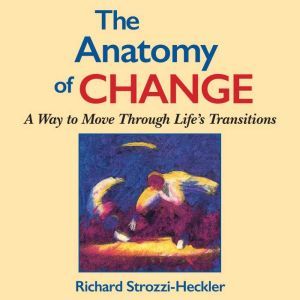Quotes
"Heckler, a teacher of Aikido and a writer of splendid prose, has given us a wonderful introduction to the process of somatic psychotherapy."- Thomas Hanna, Somatics"Holistic education, as practiced by Heckler, challenges modern education with its emphasis on cognitive learning and its denial of the wisdom of the body. In this book, Heckler shows with simple, illustrated exercises how to use energies derived from different physical states to deal with both individual and global conflict."- Lorna Cunkle, Pacific Sun"Using vignettes from his theraputic work, Heckler gives us a sense of how our experiences shape our body. These stories clearly show that being embodied involves a formative process which organizes our bodily shapes… Heckler maps out a way to contact and shape our somatic rhythms."- Dan Clurman, Inquiring Mind"Heckler outlines how we respond to nearly all our traumatic life situations in the same way with what he calls our ‘conditioned tendency.’ He shows how we hold this ‘tendency’ in each of our bodies as a stance to the world."-Richard Ditzler, San Francisco Chronicle




